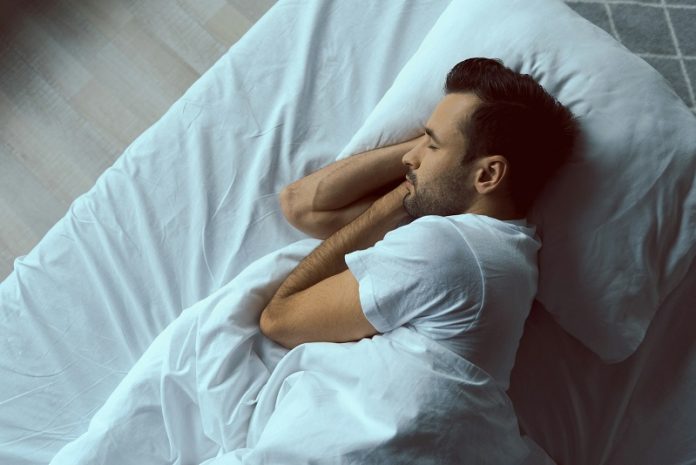
If you struggle to fall asleep or often wake up during the night, you’re not alone. Insomnia affects between 4% and 22% of people and can increase the risk of serious health problems like heart disease and dementia.
While sleeping pills and therapy can help, they aren’t always ideal—medications come with side effects, and therapy may not be easy to access.
But good news: new research shows that certain forms of exercise, including yoga, Tai Chi, walking, and jogging, may be some of the most effective ways to improve sleep and ease insomnia.
A study published in BMJ Evidence-Based Medicine looked at data from 22 clinical trials involving over 1,300 people and 13 different treatments for insomnia. Seven of those treatments were exercise programs, lasting from four to 26 weeks.
The researchers compared the results using tools that measured sleep quality, time asleep, time to fall asleep, and how often people woke up during the night. Unsurprisingly, cognitive behavioral therapy (CBT) performed well.
It helped people fall asleep faster, sleep longer, and wake up less often. However, some exercise programs came close—or even matched—these benefits.
Yoga, for example, was linked to nearly two extra hours of sleep each night. It also helped people stay asleep longer and fall asleep faster, reducing time awake during the night by almost an hour.
Tai Chi improved sleep quality, added over 50 minutes of sleep time, and shortened the time it took to fall asleep by about 25 minutes. Walking or jogging also stood out, reducing insomnia severity and boosting overall sleep.
The reasons these activities help make sense. Yoga and Tai Chi involve breathing exercises, relaxation, and mindfulness, which can calm the nervous system and ease anxiety. These practices also help regulate emotions and may reduce inflammation in the body over time.
Walking and jogging improve sleep by using up energy, lowering stress hormones, increasing melatonin (the sleep hormone), and helping the body get more deep sleep.
While most of the studies included in the analysis had small sample sizes and some design flaws, the overall message is clear: exercise can be a powerful, low-cost, and drug-free way to treat insomnia.
The researchers believe these activities could be used as a primary treatment option and should be more widely recommended in healthcare settings.
More research is still needed to understand which exercises work best for different types of sleep problems. But for now, adding some yoga, Tai Chi, or a daily walk to your routine might be just what you need for a better night’s rest.



